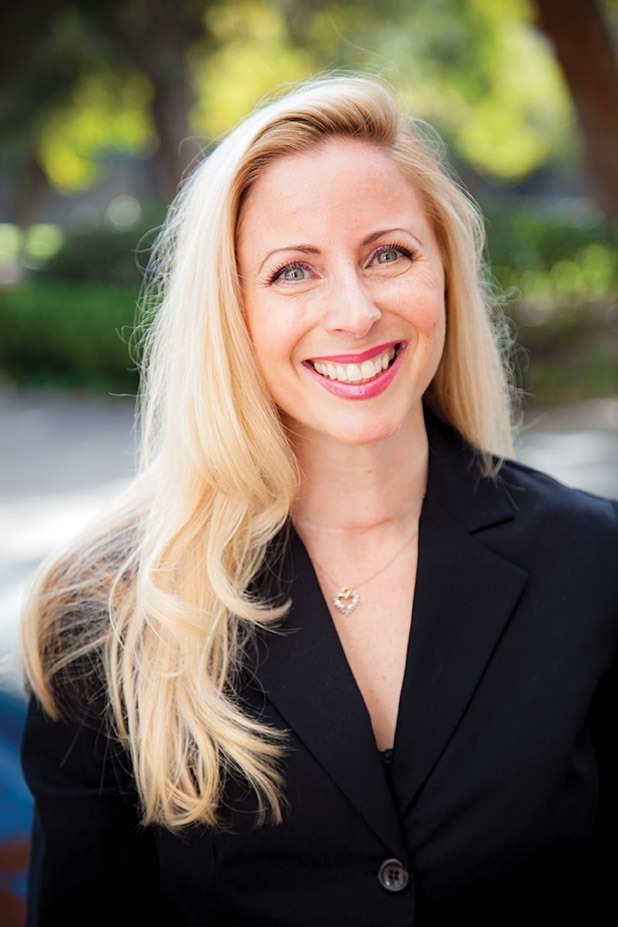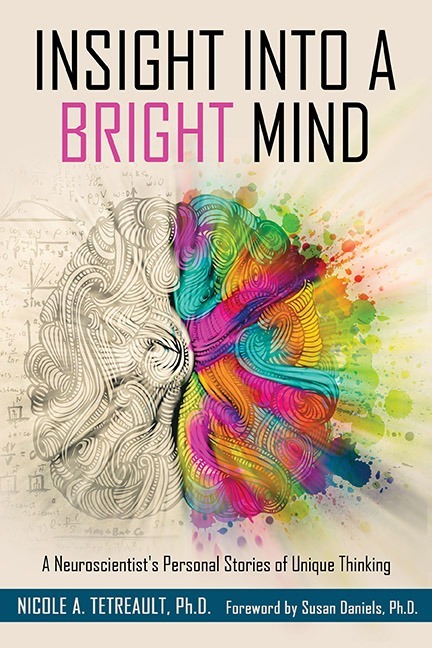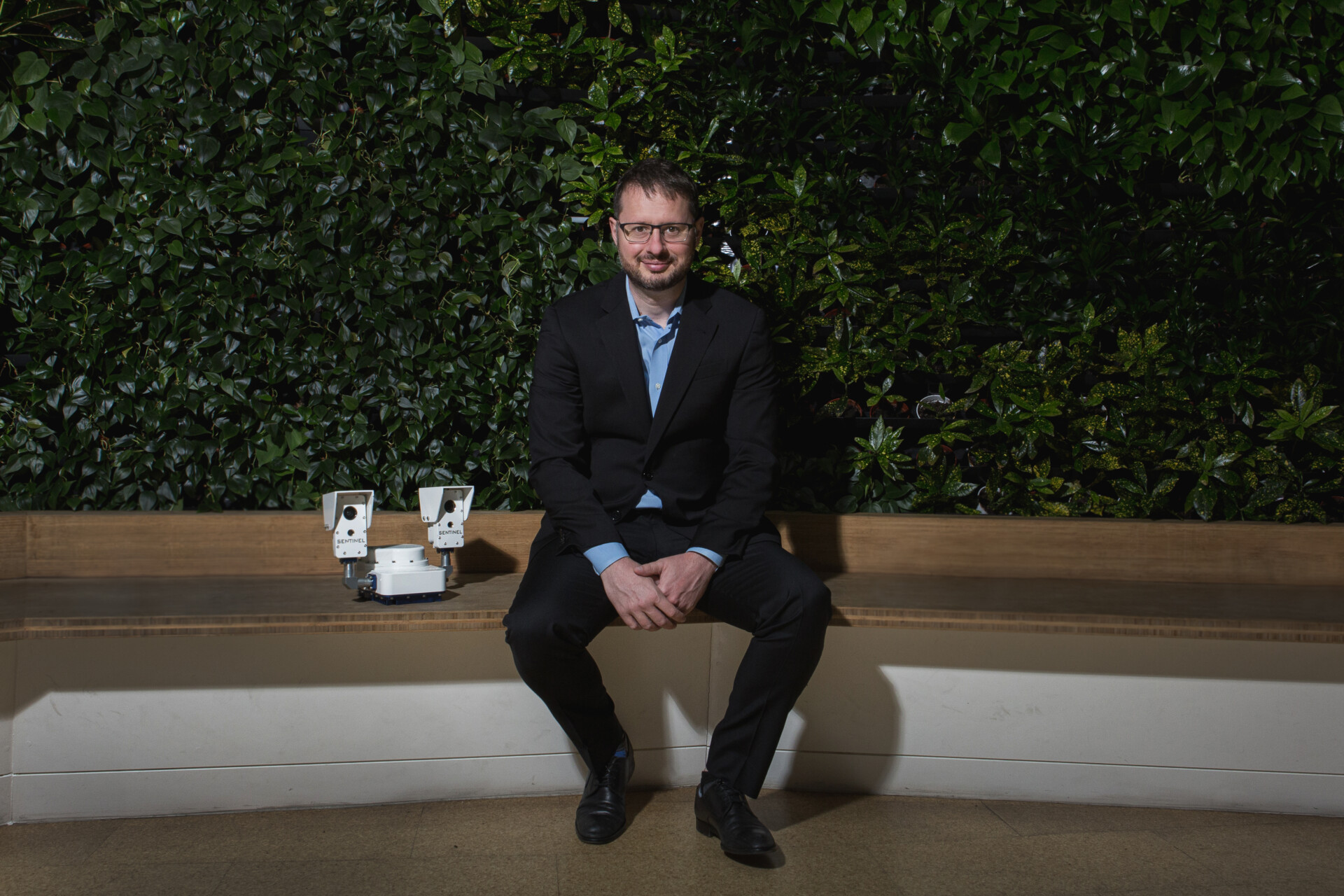Neuro-Uniqueness
Every person has a different brain signature. Nicole Tetreault (PhD ’13) is helping misunderstood communities embrace their neurodiversity.
by Marisa Demers

Debrah Lemattre
The brain’s activity, with its vast network of connections and neural patterns, is unique to each person. There are 7.8 billion people sharing space in the world but processing and learning about it differently. Helping others understand this diversity has been Tetreault’s professional calling.
The 2019 corecipient of the Milton and Rosalind Chang Career Exploration Prize, Tetreault knows what it is like to be on the edge of a diverse spectrum. She is gifted and has a learning disorder. Taking into account other neurotypes such as dyslexia and autism, Tetreault estimates that 1 in 5 children in the classroom is neurodiverse.

In her new book, 2019 Chang Prize recipient Nicole Tetreault (PhD ’13) shares stories of people with intense and creative minds.
Her book, Insight into a Bright Mind (Gifted Unlimited, LCC, 2020), weaves personal stories with neuroscience to empower readers to look holistically at intense and creative minds.
“You have a right to be here in the form that you are in,” Tetreault says. “The more you become acquainted with how you process sensory, emotional, and physical information the better.”
As Tetreault immersed herself into neurodiversity research, she saw a need for other communities to understand their own uniqueness. With support from the Chang Prize, Tetreault created Beyond the Cell, a nonprofit that teaches incarcerated women about the brain and how environmental factors can alter its activity. The Centers for Disease Control and Prevention estimates that anywhere from 25% to 87% of inmates have suffered a traumatic brain injury.
“That is just the physical trauma we are learning about. We are not even talking about the emotional, psychological, and behavioral issues women are experiencing,” says Tetreault, who blends meditation and creative writing into her program. “With greater awareness, they can make better choices when they are faced with reliving their trauma.”
COVID-19 prevented Tetreault from offering Beyond the Cell in prisons, but she is piloting her program with experts and refining her curriculum. She is also pitching a book about criminal justice reform through a neuroscience lens.
“I saw the need to deconstruct and help with the language, services, and advocacy of this issue,” Tetreault says. “The Chang Prize gave me an ounce of hope that I could do something a little bit different.”

Marisa Demers is a freelance writer who got her start covering wildfires and breaking news for newspapers. She also worked for Caltech and was most recently an assistant director for the Caltech Associates. A San Gabriel Valley native, she has enjoyed following Caltech’s scientific breakthroughs and student pranks over the years. You can read more of her writing on widestletter.com and follow her on Twitter at @WidestLetter.
Related Articles
-

Binding Lights
In a recent research paper, assistant professor Alireza Marandi delves into the innovative realm of mode-locked lasers.
-

Fashion >> Forward
For Daniel Mukasa, the future of wearables requires sweating the small stuff.
-

Burn Notice
Wildfires are on the rise across the globe and curbing them will be a team effort among organizations and technology. Gilberto DeSalvo and his comp...